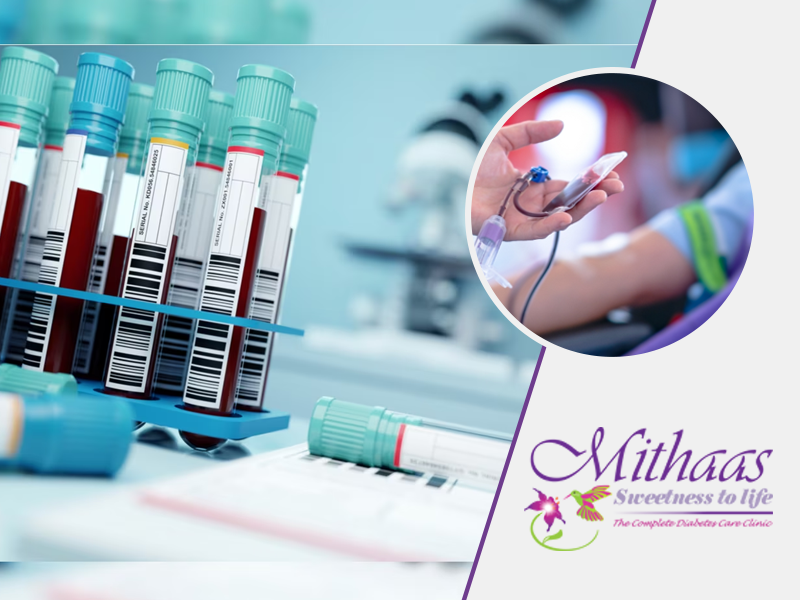
Introduction
Blood investigations are an essential tool in the diagnosis and management of various medical conditions. Blood tests provide important information about the health of the body, including the function of organs and the levels of various substances in the blood. In this article, we will discuss the different types of blood investigations commonly used in healthcare.
Complete Blood Count (CBC)
The complete blood count (CBC) is a routine blood test that measures the levels of different components of blood. These components include red blood cells, white blood cells, and platelets. The CBC is often used as a screening test to check for various medical conditions, such as infections, anemia, and leukemia.
Blood Chemistry Tests
Blood chemistry tests measure the levels of various substances in the blood, such as electrolytes, glucose, and cholesterol. These tests are often used to evaluate the function of organs, such as the liver, kidneys, and thyroid gland. Blood chemistry tests can also be used to diagnose and monitor medical conditions, such as diabetes, high blood pressure, and heart disease.
Blood Glucose Testing
Blood glucose testing measures the level of glucose (sugar) in the blood. This test is commonly used to diagnose and monitor diabetes. Blood glucose testing can be done using a blood glucose meter or in a laboratory.
Blood Gas Analysis
Blood gas analysis measures the levels of oxygen, carbon dioxide, and other gases in the blood. This test is often used to evaluate the function of the lungs and to monitor critically ill patients.
Coagulation Tests
Coagulation tests measure the ability of the blood to clot. These tests are often used to monitor the effectiveness of blood-thinning medications, such as warfarin, and to evaluate bleeding disorders.
Blood Culture
A blood culture is a test that checks for the presence of bacteria or other microorganisms in the blood. This test is often used to diagnose infections, such as sepsis.
Blood Typing and Crossmatching
Blood typing and crossmatching are tests that determine the blood type of a person and match it to a compatible blood type for transfusion. These tests are important for ensuring the safety of blood transfusions and minimizing the risk of complications.
Hormone Tests
Hormone tests measure the levels of various hormones in the blood. These tests are often used to diagnose and monitor conditions related to the endocrine system, such as thyroid disorders, diabetes, and infertility.
Tumor Marker Tests
Tumor marker tests measure the levels of specific substances in the blood that may indicate the presence of cancer. These tests are often used to screen for and monitor the progression of cancer.
Allergy Tests
Allergy tests measure the levels of antibodies in the blood that are produced in response to allergens, such as pollen or pet dander. These tests are often used to diagnose and monitor allergies.
Genetic Testing
Genetic testing involves analyzing DNA to identify genetic mutations that may be responsible for inherited medical conditions. Genetic testing is often used to diagnose genetic disorders, such as cystic fibrosis or Huntington's disease.
Viral Load Testing
Viral load testing measures the amount of virus in the blood of a person infected with a virus, such as HIV or hepatitis. This test is often used to monitor the effectiveness of antiviral medications.
Conclusion
In conclusion, blood investigations play a crucial role in the diagnosis and management of various medical conditions. Different types of blood tests provide valuable information about the health of the body, including the function of organs and the levels of various substances in the blood. It is important to work with Dr. Nilesh to determine the appropriate blood tests needed for individual healthcare needs.
